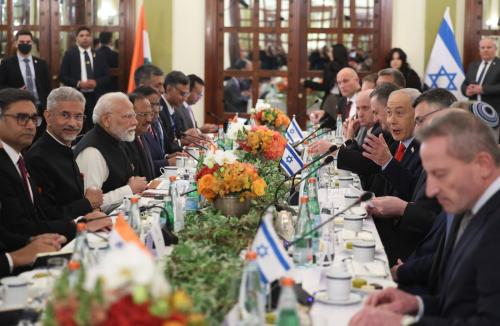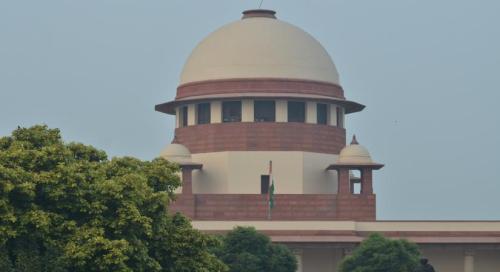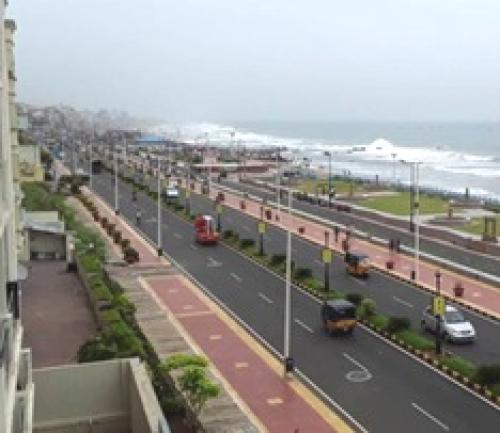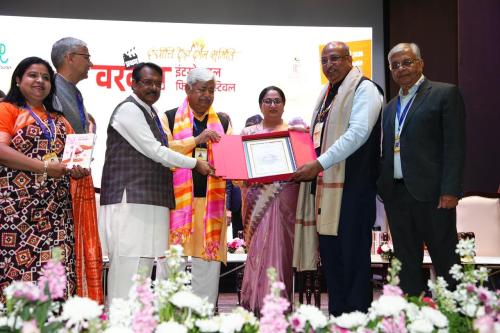By Ateet Sharma New Delhi, Oct 14 (IANS): Emphasising that the current situation in Afghanistan is of grave concern, India today called on the international community to unite against the menace of terrorism, as seriously as it does on issues like climate change and pandemics. While addressing the 6th Ministerial meeting of the Conference of Interaction and Confidence Building Measures in Asia (CICA) at Kazakhstan capital Nur-Sultan on Tuesday, External Affairs Minister S Jaishankar said that cross-border terrorism is not statecraft, it is simply another form of terrorism. "Any calculation that extremism, radicalisation, violence and bigotry can be used to advance interests is a very short-sighted one. Such forces will come back to haunt those who nurture them. Lack of stability will also undermine our collective efforts to get Covid under control," he said at the joint meeting of CICA foreign ministers with the President of Kazakhstan Kassym-Jomart Tokayev. The External Affairs minister also made five other important points at the multi-national forum which aims at enhancing cooperation towards promoting peace, security and stability in Asia. As China makes inroads into several nations of the regions through its Belt and Road Initiative (BRI), Jaishankar stressed that connectivity projects to build modern arteries of commerce must adhere to the most basic principle of international relations - respect for sovereignty and territorial integrity. "Respect for the sovereignty and territorial integrity of nations rank foremost among them. It is also important that connectivity building is a participative and consensual exercise, based on financial viability and local ownership. They must not serve other agendas." He also highlighted India's internationalism - always seeing the world as a family, expressed in the concept of 'Vasudhaiva Kutumbakam' - driving the country's highly-successful 'Vaccine Maitri' initiative. "Our belief is expressed in a variety of ways, including in meeting challenges and finding solutions together. This was clearly in evidence during the Covid pandemic, when we provided vaccines, medicines and medical supplies, as well as expertise to more than 150 nations," said Jaishankar. The EAM then stressed on Covid response bringing out the limitations of current multilateralism and the urgent need to reform it. The limitations of the multilateral response to the Covid pandemic, he said, were starkly evident. "Eight decades ago, when the current global order was being debated, it was very different world. The members of the UN have quadrupled since then. Asia especially, but also Africa and Latin America, are inadequately represented in its decision-making. This only makes a case for reformed multilateralism more urgent with each passing day," he said. Jaishankar said that sustainable development requires a sustainable lifestyle and the post-pandemic world requires resilient and reliable supply chains, greater trust and transparency and additional engines of growth. "Both pandemic and climate change require genuine and sincere international collaboration. They must ensure accessibility and affordability, especially to the most vulnerable. And they are a call for us all to adopt a more sustainable lifestyle," the minister said. (The content is being carried under an arrangement with indianarrative.com)
India's message to Asia - Unite against terrorism, reject connectivity projects that serve 'another agenda'
- by Rinku
- October 14, 2021 2 minutes
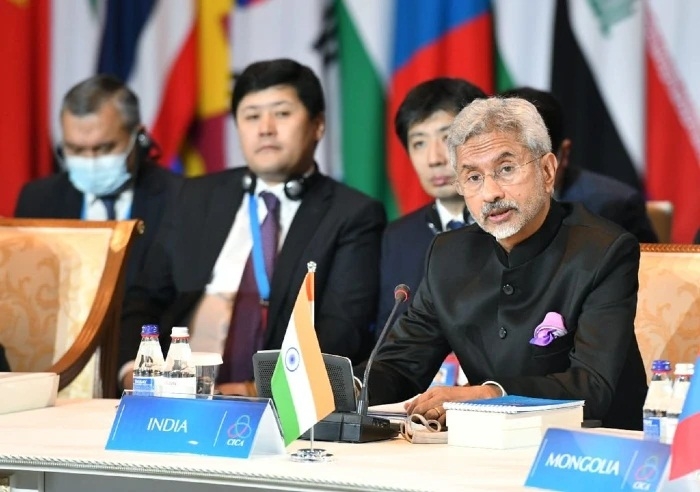
India's message to Asia - Unite against terrorism, reject connectivity projects that serve 'another agenda'.(photo:IN)





